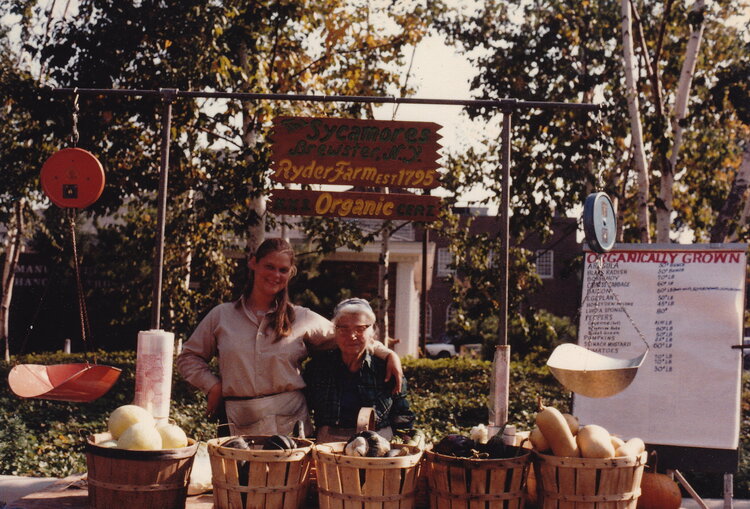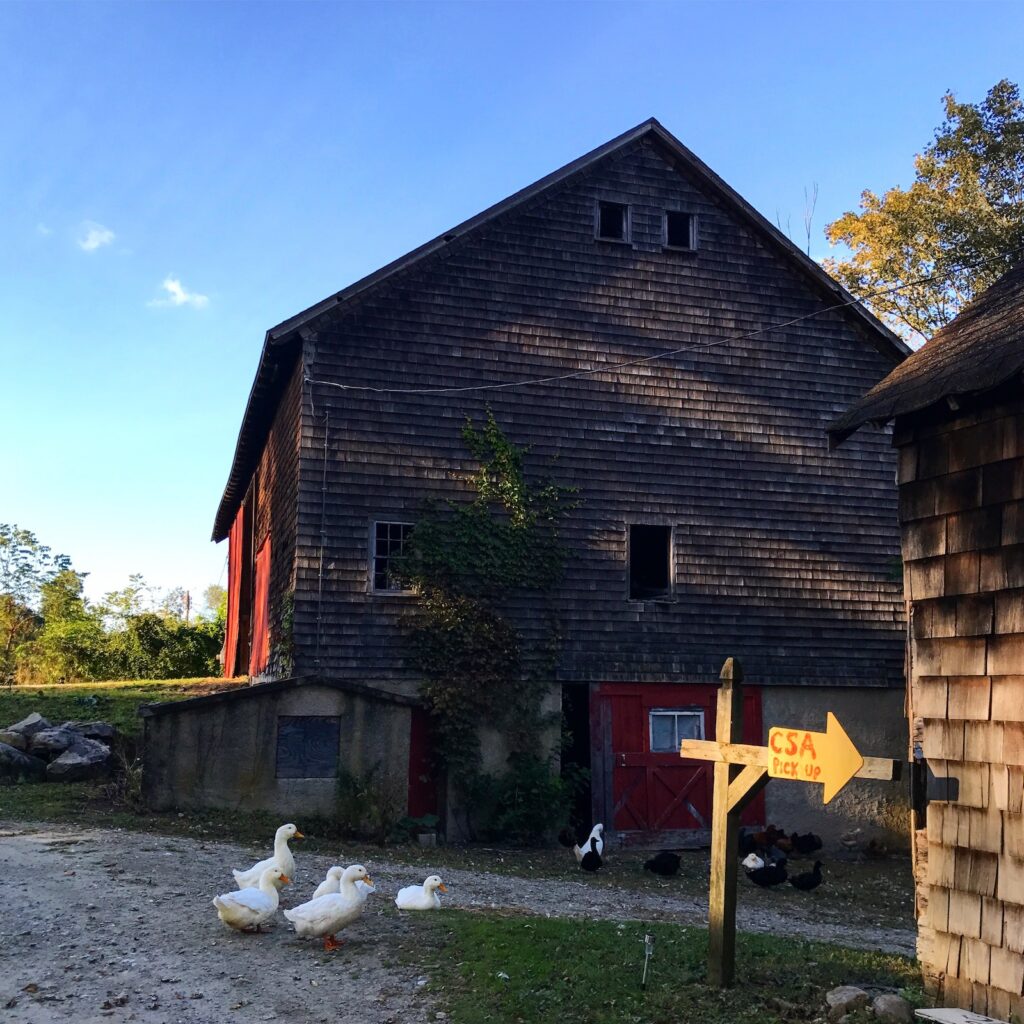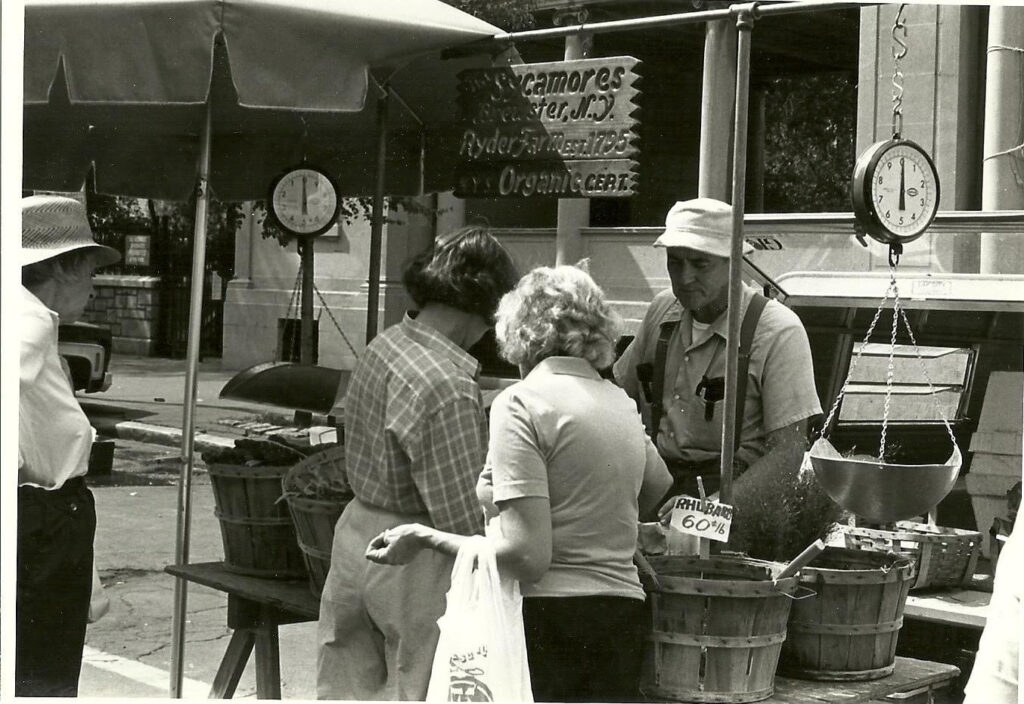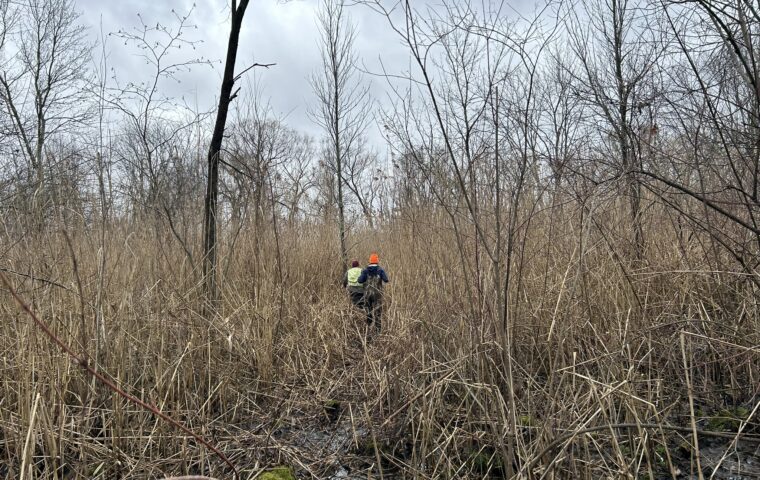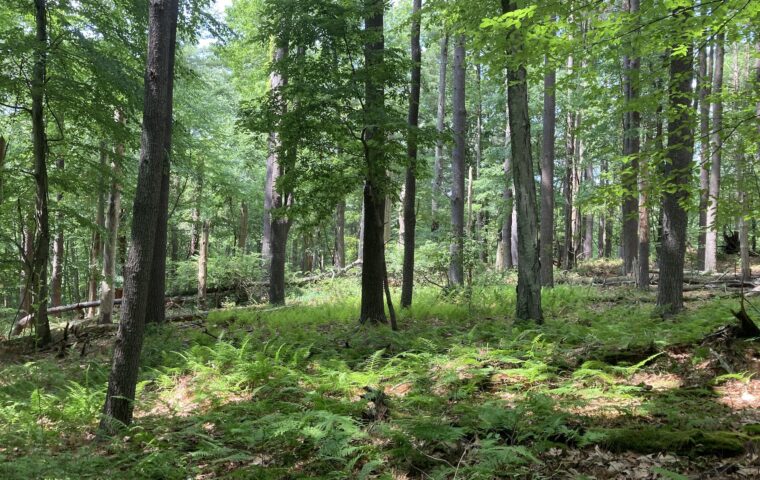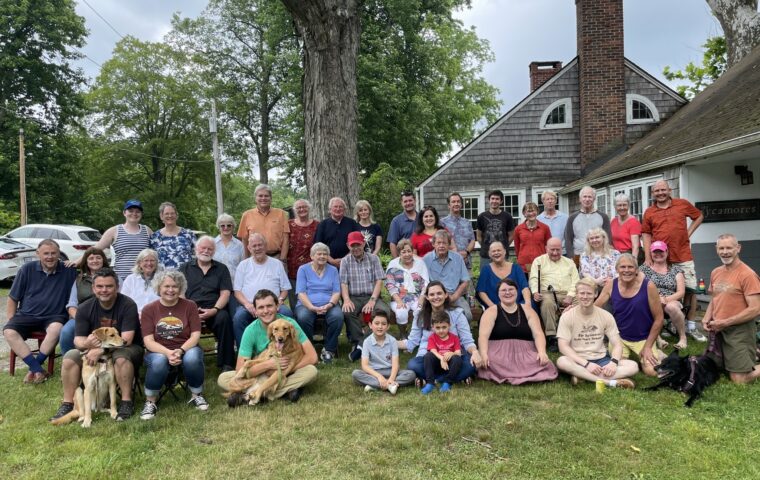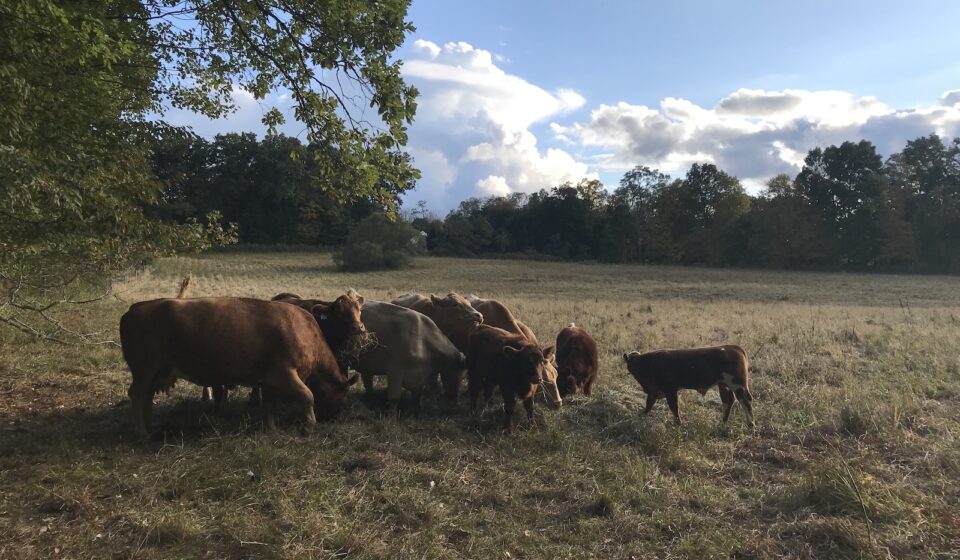
Release Date: June 2, 2022
Bedford Hills, NY—Westchester Land Trust (WLT) has announced it will permanently protect Ryder Farm, a 128-acre agricultural property, in the Town of Southeast through the purchase of a conservation easement that it will hold in perpetuity. This legal agreement ensures that Ryder Farm will forever remain free from non-farm development and be reserved for continued agricultural use. WLT will purchase the development rights to this property with $2 million in funding provided by Round 18 of the Farmland Protection Implementation Grants Program, a program of New York State Department of Agriculture and Markets. The Ryder family will continue to own and operate the farm.
“Ryder Farm, established in 1795, is the oldest working farm in Putnam County and represents an all-too-common example of the increasing pressures being faced by family farms in this region,” said Lori Ensinger, President of WLT. “By protecting this important property, we can feel confident knowing that this land will remain available for agricultural use in perpetuity. We’re grateful for the support and generosity of the Ryder Family, New York State, and all who were integral in making this project happen.”
“Safeguarding this land and its inhabitants from development will allow Ryder Farm to continue to serve our community’s agrarian needs and ecological wellbeing for generations to come,” added Julia Gibson, a member of the Ryder family board and environmental studies professor at Antioch University New England. “We could not be more grateful for the steadfast partnership of WLT, who have shepherded us through this process for several years.”
Protecting this property is a high priority for WLT due to the increasing development pressure and the risk of high-density housing that could cause negative environmental impacts. Ryder Farm, a ninth-generation family farm, is one of the few remaining large properties in Southeast, and with over 3,000 feet of frontage on Peach Lake, the land would be a significant draw for developers looking to subdivide the parcel into dozens of homes. Restricting further development on this land also provides drinking water protection, as the area drains into the Croton Reservoir system, which serves Westchester County and New York City.
Ryder Farm was identified in the Town of Southeast’s 2014 Comprehensive Plan Update as a “Significant Feature” within the Town’s open space resources and is included as part of the “cultural landscape that is integral to Southeast’s overall community character.” The newly protected property buffers Peach Lake from nutrient and stormwater runoff and preserves the only remaining undeveloped lake frontage.
“This is a terrific day for the Town of Southeast! Ryder Farm has been an agricultural asset in our community for over 200 years,” said Tony Hay, Supervisor of the Town of Southeast. “It is a well-known farm and is beloved by generations in our community who grew up visiting the farm, participating in the CSA, attending farm to table events, or just enjoying the scenic vista.”
Agricultural production on Ryder Farm plays a crucial role in the regional economy, helping to meet the increasing demand for locally sourced organic produce. Additionally, SPACE at Ryder Farm, a nonprofit artist and agricultural residency program, attracts tourists to the area and provides valuable revenue and patronage at the Town’s small businesses and restaurants.


